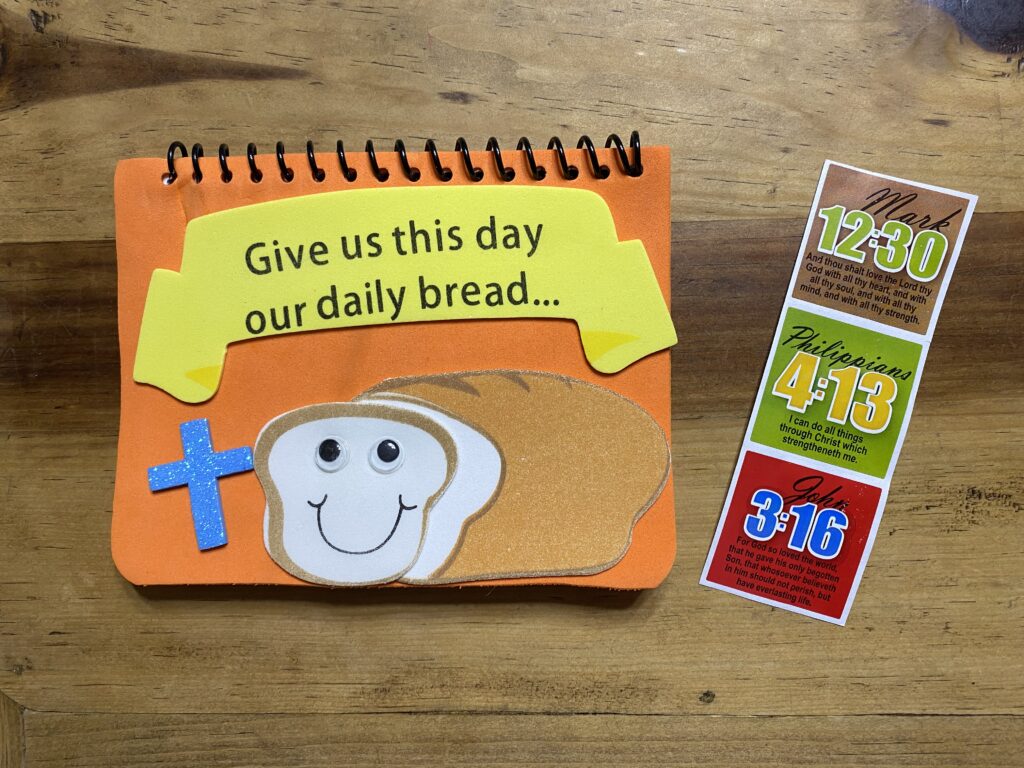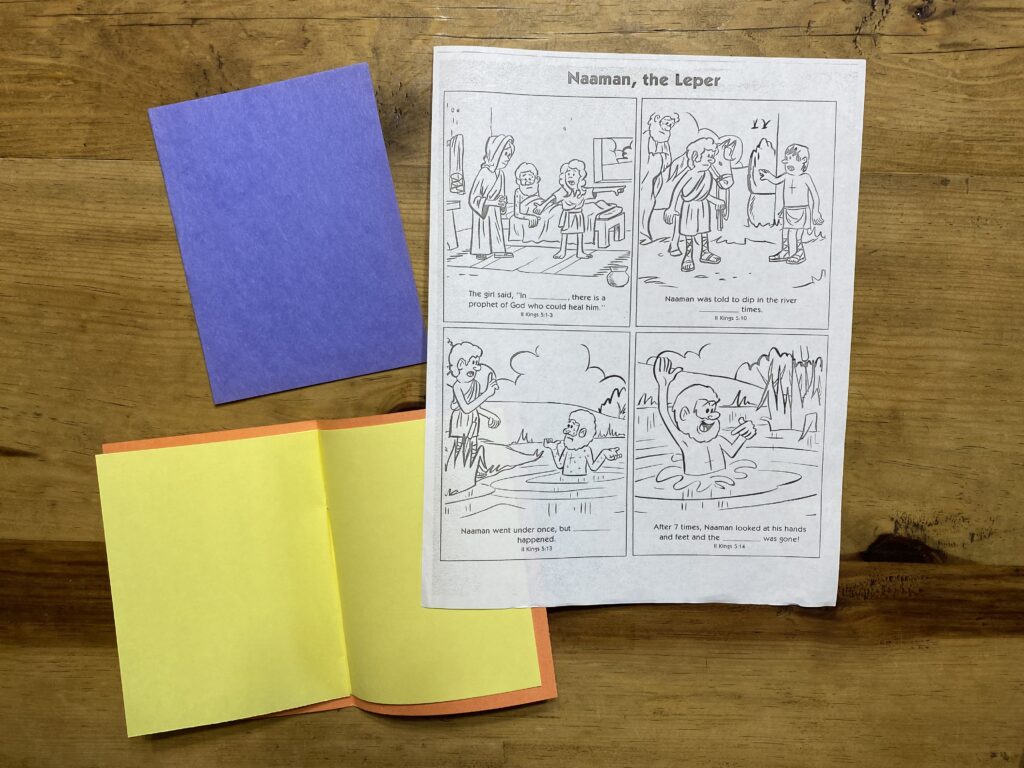
—1 Corinthians 10:12
Wherefore let him that thinketh he standeth take heed lest he fall.
—1 Corinthians 10:12
Key Verse Thought: Read the key verse. Can you think of a time when you have bragged about doing something, only to mess up the next time you tried to do it? Sometimes we think too highly of ourselves. It is then that we should watch out — because we are probably about to fall flat on our face. We claim that keeps us humble, but it is a Biblical principle. God wants us to be humble — not proud. When we get too proud, He will remind us just who we are, His servants here on this earth. In our lesson today, see what happens to the nation that forsakes God.
Emphasis: In today’s lesson, we will learn to recognize the progression of sin, and not allow it to destroy our life.
Lesson Summary: In today’s lesson, we will end our study of Israel’s history. We have learned that God is merciful — He does not want any to perish. We have read the prophets words of warning as to what would happen if they did not seek God, repent, and turn back to Him. We even read an invitation extended by God at the end of Hosea that we studied in our last lesson. Nevertheless, as we will learn today, Israel did not heed the warnings they were given. They did not respond to God’s call for repentance. Instead, the kings continue to be wicked and continually “… did that which was evil in the sight of the LORD: he departed not all his days from the sins of Jeroboam the son of Nebat, who made Israel to sin” (2 Kings 15:18). These wicked kings led the people to sin against God.
Israel never had a good king. Keeping that in mind, we will learn about the last four kings of Israel: Menahem, Pekahiah, Pekah, and Hoshea.
Take note of the listing of things we find in 2 Kings 17. This list tells of what Israel was guilty of in their sin, their idolatry, and the refusal to turn back to God. Especially notice the turning place that led to the rejection of God’s Word. Be sure that you recognize the parallel of the nation Israel’s refusal to obey God’s Word, and the fact that most people today know the right thing to do after hearing God’s Word, yet people often choose to do wrong instead.
As we study this lesson, realize that God did not allow His people to be taken into captivity without first telling them how they had failed Him. After many attempts to draw Israel back to Himself, God had no choice but to discipline His people.
Y2Q1 – Lesson 10 Children’s Worksheets
If you are teaching this to children, see the idea for a craft to go with the lesson:



